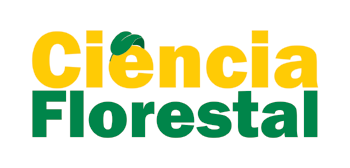Corythucha ciliata (Hemiptera: Tingidae) is an insect native to North America which has been introduced into Europe, through Italy, in 1964. Since then it has expanded across Europe being its date of arrival and distributional range in Portugal unknown. This important invasive pest feeds on the underside of the leaves of sycamore trees, one of the most widespread ornamental tree in urban areas of Portugal, causing their premature senescence and eventually death, in case of consecutive severe infestations. Habitat modeling is becoming an increasingly important tool for managing biological invasions, either prior or after the introduction of the invasive organism. In this study the software MaxEnt (maximum entropy) was used to model the distribution of Corythucha ciliata in its Portuguese invasive range, from a set of environmental variables and georeferenced occurrence data obtained from observation of Platanus spp. leaves sampled all over the country. According to the best model developed, the areas of greater suitability to invasion of Corythucha ciliata are located in the northern portion of the country whereas the more southern and mountainous areas are of low or virtually null suitability. Laboratory observations of Corythucha ciliata biology allied to records of pest absence across several localities of southern Portugal and predominant occurrence in the northern half of Spain support the model developed. However, model validation requires future prospection in the areas of predicted reduced suitability and where the pest was virtually absent at the moment of sampling. Suitability models can be a useful tool for decision making in management of green spaces.
MaxEnt; modeling; invasive pest; Platanus spp



